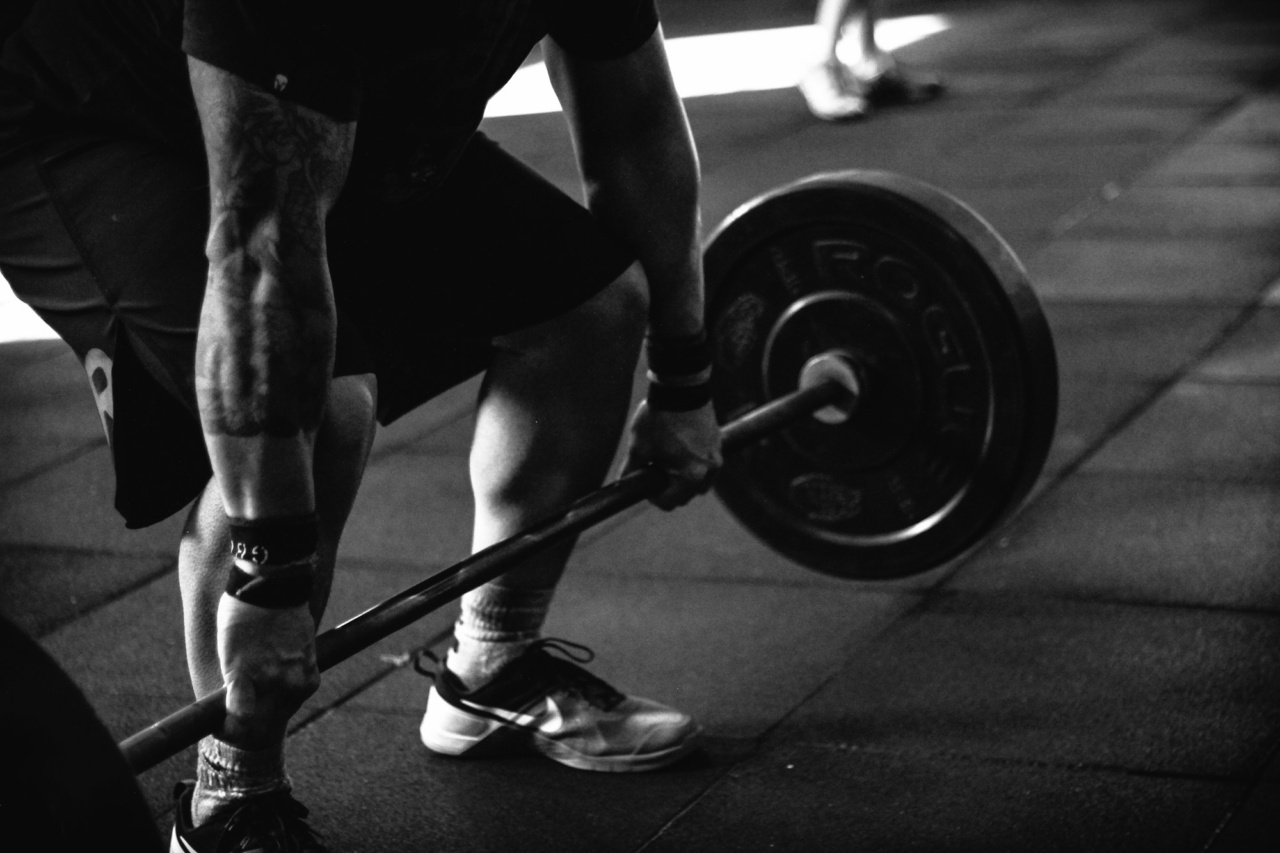When it comes to increasing muscle mass and improving athletic performance, many people turn to creatine supplementation. Creatine is a naturally occurring amino acid that is found mainly in skeletal muscle tissue.
It is responsible for providing energy to the muscles during short, high-intensity exercise, such as weightlifting and sprinting.
What is Creatine Supplementation?
Creatine supplementation involves taking a creatine supplement in order to increase the amount of creatine in the body beyond what can be produced through diet alone.
Creatine is available in several different forms, including creatine monohydrate, creatine ethyl ester, and creatine hydrochloride.
How Does Creatine Work?
Creatine works by increasing the amount of phosphocreatine in the muscles. Phosphocreatine is a high-energy compound that the body uses to produce ATP, the primary source of energy for muscle contractions.
By increasing the amount of phosphocreatine in the muscles, creatine supplementation can help to increase the amount of energy available to the muscles during exercise, allowing athletes to train harder and longer.
What are the Benefits of Creatine Supplementation?
Research has shown that creatine supplementation can have several benefits for athletes looking to increase muscle mass and improve athletic performance. These benefits include:.
- Increased muscle mass
- Improved strength and power
- Increased endurance
- Faster recovery times
- Improved cognitive function
Does Creatine Really Increase Muscle Mass?
Many studies have shown that creatine supplementation can lead to significant increases in muscle mass.
One study published in the Journal of Strength and Conditioning Research found that athletes who supplemented with creatine for six weeks saw an average increase in muscle mass of 2.4kg. Another study published in the International Journal of Sport Nutrition and Exercise Metabolism found that creatine supplementation led to a 7% increase in muscle mass among male weightlifters.
How Much Creatine Should You Take?
The recommended dose of creatine for most people is 3-5 grams per day. It is generally recommended to start with a loading dose of 20-25 grams per day for the first week, in order to saturate the muscles with creatine.
After the first week, the dose should be reduced to 3-5 grams per day for maintenance.
Are There Any Side Effects of Creatine Supplementation?
Creatine supplementation is generally safe and well-tolerated. However, some people may experience mild side effects such as stomach upset, muscle cramps, and dehydration.
There is also some concern that creatine supplementation could potentially increase the risk of kidney damage, although there is currently no scientific evidence to support this claim.
Conclusion
Creatine supplementation can be an effective way to increase muscle mass and improve athletic performance. However, it is important to remember that creatine is not a magic pill and will not work without proper training and nutrition.
If you are considering taking creatine, it is always a good idea to consult with a healthcare professional first to ensure that it is safe and appropriate for you.































